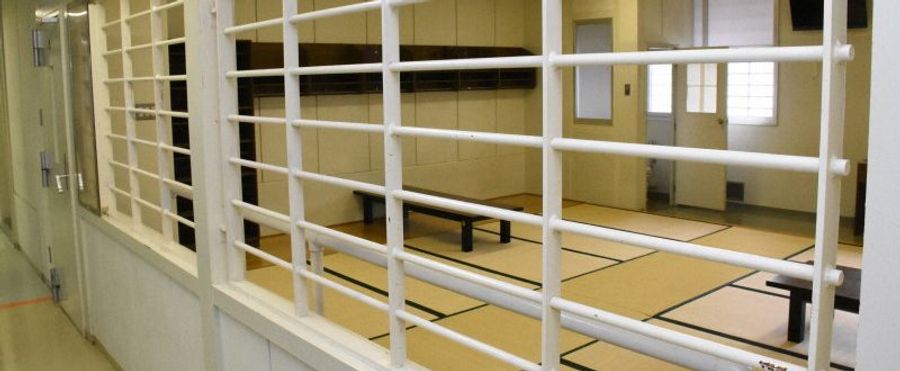Two immigration facilities in Japan have come under media attention recently for turning off their air conditioning systems at night during the summer. While this standard operational procedure is aimed at energy conservation - nocturnally suspending usage of non-essential electronics, it has raised concerns about the wellbeing and comfort of the inmates, especially in the stifling heat of Japanese summers.
In Japan, energy conservation is highly endorsed in both households and facilities, promoting practices like limiting aircon usage. However, this matter brings forth the potentially conflicting values of energy conservation versus human rights, particularly for immigration detainees. Japanese summers can be exceedingly hot and humid, and acclimatization can be difficult for foreigners, making this an issue of considerable public interest in Japan.
In the EU and US, immigration facilities are subjected to state and federal regulations regarding living conditions. While energy conservation is encouraged in these geographies as well, the balance between comfortable living conditions and energy saving seems to be better managed, typically with significant emphasis placed on the former.

